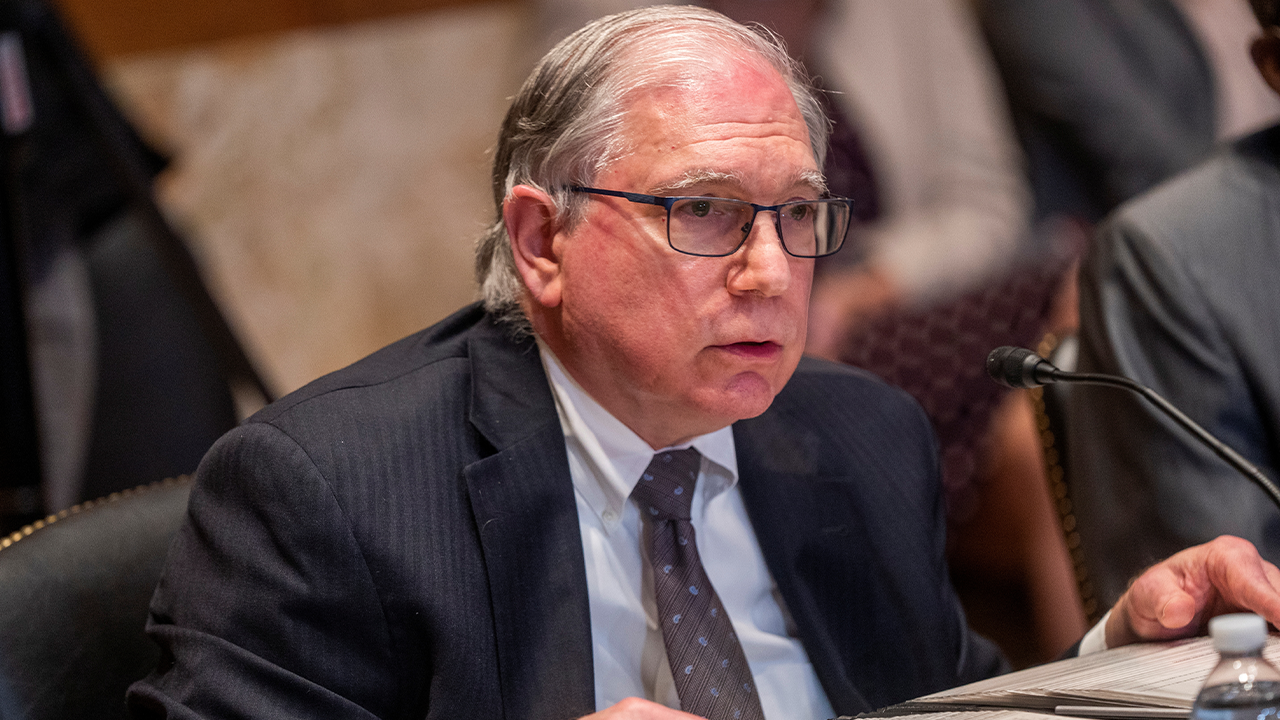Second-in-command at NIH who led agency during COVID resigns

The sudden resignation of Dr. Lawrence A. Tabak, the No. 2 in command at the National Institutes of Health (NIH), has sent shockwaves through the agency. Tabak, who served as acting director of the NIH during the COVID-19 pandemic, has been a stalwart figure at the agency for 25 years, first as director of the National Institute of Dental and Craniofacial Research before rising to the position of principal deputy director in 2010.
In an email circulated to NIH staff earlier this week, Tabak announced his retirement, effective immediately. The reason for his departure was not disclosed, leaving many to speculate on the circumstances surrounding his decision to step down.
Tabak’s resignation comes at a time of upheaval within the Health and Human Services Department, the NIH’s parent agency, following the inauguration of President Donald Trump. The agency has faced budget cuts and reports suggest that a significant number of HHS employees are at risk of being terminated. Normally, Tabak would have been appointed as acting director while awaiting confirmation of Trump’s nominee. However, the position was instead given to Dr. Matthew Memoli, a former top researcher at the National Institute of Allergy and Infectious Diseases.
During his tenure, Tabak found himself embroiled in controversy, particularly surrounding the COVID-19 pandemic. He, along with Dr. Anthony Fauci and former NIH Director Francis Collins, faced scrutiny from congressional investigators over their handling of the virus’s origins. Tabak was accused of being part of a group that attempted to manipulate the narrative around the virus’s origins, leading to the publication of a controversial scientific paper suggesting that the virus did not originate in a lab.
Additionally, Tabak was criticized for his involvement in investigations into gain-of-function research at the Wuhan Institute of Virology in China. Republican lawmakers accused him of withholding information and impeding their inquiries into the potentially risky research being conducted at the institute.
Following news of Tabak’s resignation, Jeremy Berg, former director of NIH’s National Institute of General Medical Sciences, praised Tabak for his handling of difficult situations but acknowledged that he often bore the brunt of criticism when things went awry.
Fox News Digital reached out to the NIH for comment on Tabak’s resignation but did not receive a response by the time of publication. The departure of such a high-ranking official at the NIH raises questions about the future direction of the agency and the impact it may have on ongoing research and public health initiatives.




